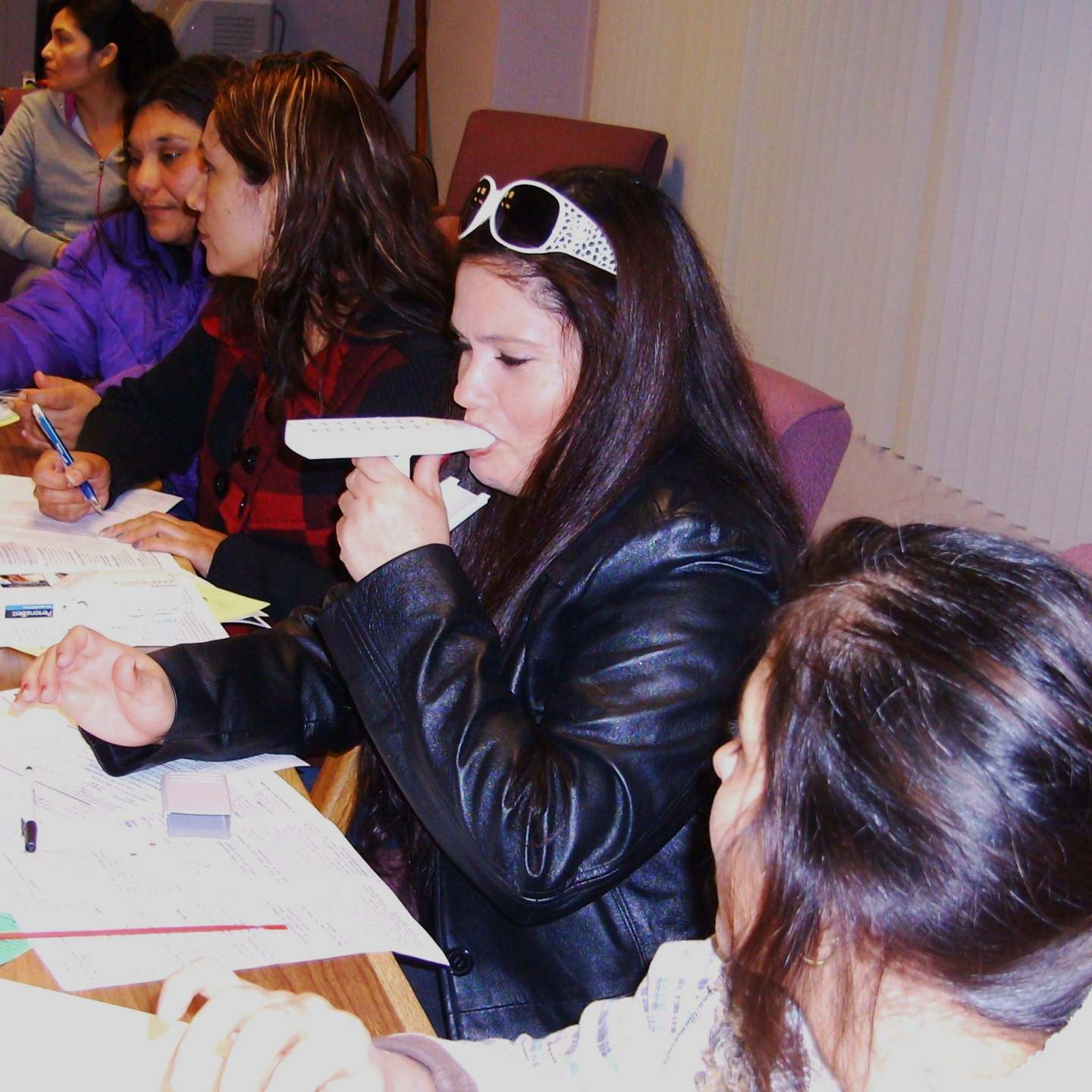
As elements with a higher density than water, heavy metals occur naturally in the environment. However, while some are beneficial for our health, such as zinc and iron, others can wreak havoc on our nervous system. Four of the most dangerous heavy metals are arsenic, cadmium, lead, and mercury [1]. Shockingly, these heavy metals can also be found in baby food intended for children under 36 months who go through a critical period of growth and development [2]. Exposure to these heavy metals by ingestion over a long time can lead to neurodevelopmental disorders such as autism [3], mainly if the baby food the child is fed contains chemical pesticides, too.
Recently, a congressional report exposed four major baby food companies in the U.S. for allowing outrageous concentrations of heavy metals in their products. The baby food manufacturers that agreed to partake in the investigation, led by Congressman Raja Krishnamoorthi, were found to use ingredients exceeding the safe limit of arsenic by 91 times and the maximum limit of lead by 177, and the safe limit of cadmium by 69 times. Because there are no regulations for heavy metals in baby food [4], companies feel encouraged to cut corners by skipping testing for these contaminants and thereby place financial gain over the wellbeing of children.
What exacerbates the extent of toxic exposure among children? In catering to baby food companies, farmers often use hazardous pesticides on their crops to destroy weeds and keep pests at bay. Pesticides can easily contaminate baby food, just like heavy metals, as they are absorbed by the grains, fruits, and vegetables through the leaves and roots. Heavy metals and pesticides act as neurotoxins [5] once inside children's bodies, which means exposure is likely to affect their neurodevelopment.

How Exposure to Heavy Metals and Pesticides Cause Neurodevelopmental Problems
Exposure to heavy metals from baby food has a cumulative impact on the nervous system of children, as they accumulate in their bodies and stay there forever. Children have a higher rate of nutrient uptake by the gastrointestinal tract and undeveloped detoxification systems, making them more prone to neurotoxicity. Because heavy metals and pesticides are neurotoxins, they can easily cross the blood-brain barrier [6] and reach cerebral matter, where they will settle. Researchers have examined the brain tumor samples of patients with neurological disorders and found neurotoxicity and heavy metal poisoning.
Lead was found to take a toll on the nervous system of babies, affecting brain development and function. Currently, roughly 500,000 children between 1 and 5 in America have blood concentrations of lead above the official safe limit [7]. The presence of significant concentrations of lead in children's bodies can cause organ and metabolic abnormalities at the cellular and molecular levels of the nervous system.
The buildup of heavy metals in children's blood will create free radicals [8], which generate oxidative stress. Free radicals are very harmful, as they can cause a wide range of serious diseases, whereas oxidative stress can damage proteins, DNA, and cells [9].
Finally, when it comes to pesticides, organophosphates, carbamates, and organochlorine pesticides were scientifically proven to be neurotoxic [10], especially in very young children. Fumigants, which are neurotoxins, too, cause damage to the nervous system by inducing toxicological mechanisms that affect most tissues in the body. In addition to autism, other neurodevelopmental problems exposure to heavy metals and pesticides from baby food can cause are cognitive damage, learning disabilities, conduct disorders, mental retardation, behavioral disorders, vision and hearing impairment, cerebral palsy, and attention deficit hyperactivity disorder (ADHD).
The Baby Food Safety Act of 2021 Gives Hope to Parents of Infants and Toddlers
Shortly after the congressional report was made public, Congressman Raja Krishnamoorthi proposed the Baby Food Safety Act [11]. This bill would immediately set baby food's arsenic, cadmium, lead, and mercury limits. If it becomes effective, the bill would also make it mandatory for the U.S. Food and Drug Administration to closely monitor baby food companies and lower the maximum allowable limits for heavy metals even more, if necessary.
The Baby Food Safety Act would also oblige facilities that manufacture, process, pack or hold infant and toddler food to enforce specific plans to ensure their products comply with the safe limits on heavy elements. Lastly, the bill would make the Centers for Disease Control run awareness campaigns periodically about the dangers of heavy metals in baby food and children exposed to these neurotoxins.

About the Author
As CFO at Environmental Litigation Group, Jonathan Sharp is responsible for managing firm assets, collecting and distributing funds, and financial analysis. The law firm, headquartered in Birmingham, Alabama, specializes in toxic exposure and assists parents whose children developed autism due to tainted baby food.
References:
1 – https://www.osha.gov/toxic-metals
2 – https://oversight.house.gov/sites/democrats.oversight.house.gov/files/2021-02-04%20ECP%20Baby%20Food%20Staff%20Report.pdf
3 – https://www.medicalnewstoday.com/articles/317754
4 – https://www.spectroscopyonline.com/view/regulating-heavy-metals-in-baby-food-the-challenges-of-food-manufacturers-and-the-fda-being-on-the-same-page
5 – https://pubmed.ncbi.nlm.nih.gov/17981626/
6 – https://pubmed.ncbi.nlm.nih.gov/26142507/
7 – https://www.livescience.com/cdc-standard-lead-poisoning-young-kids
8 – https://pubmed.ncbi.nlm.nih.gov/19106443/
9 – https://www.ncbi.nlm.nih.gov/pmc/articles/PMC5551541/
10 – https://pubmed.ncbi.nlm.nih.gov/17981626/
11 – https://www.congress.gov/bill/117th-congress/senate-bill/1019/text?r=1&s=4







